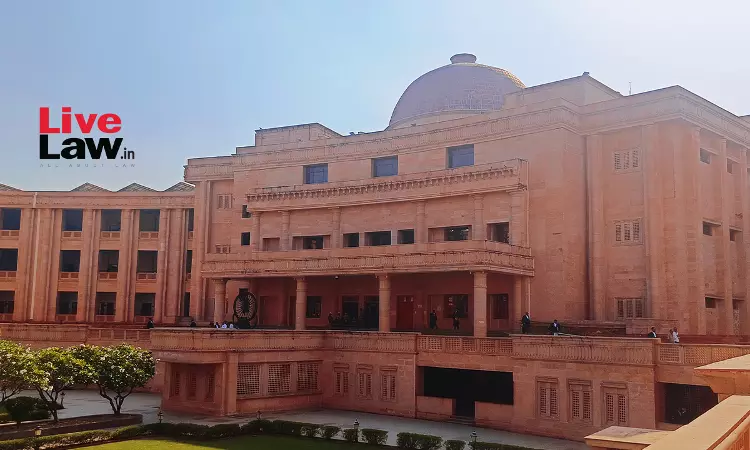Investigation Into Non-Cognizable Offence Sans Magistrate's Permission Is Illegal; Subsequent Nod Is Immaterial: Allahabad HC
Sparsh Upadhyay
18 Jun 2024 4:01 PM IST

Next Story
18 Jun 2024 4:01 PM IST
The Allahabad High Court has observed that the investigation of a non-cognizable offence by the police without prior permission of the competent Magistrate is illegal, and subsequent permission by the Magistrate cannot cure this illegality. Referring to the provision under sub Section (2) of Section 155 of CrPC, a bench of Justice Shamim Ahmed noted that asking permission of the Court...
